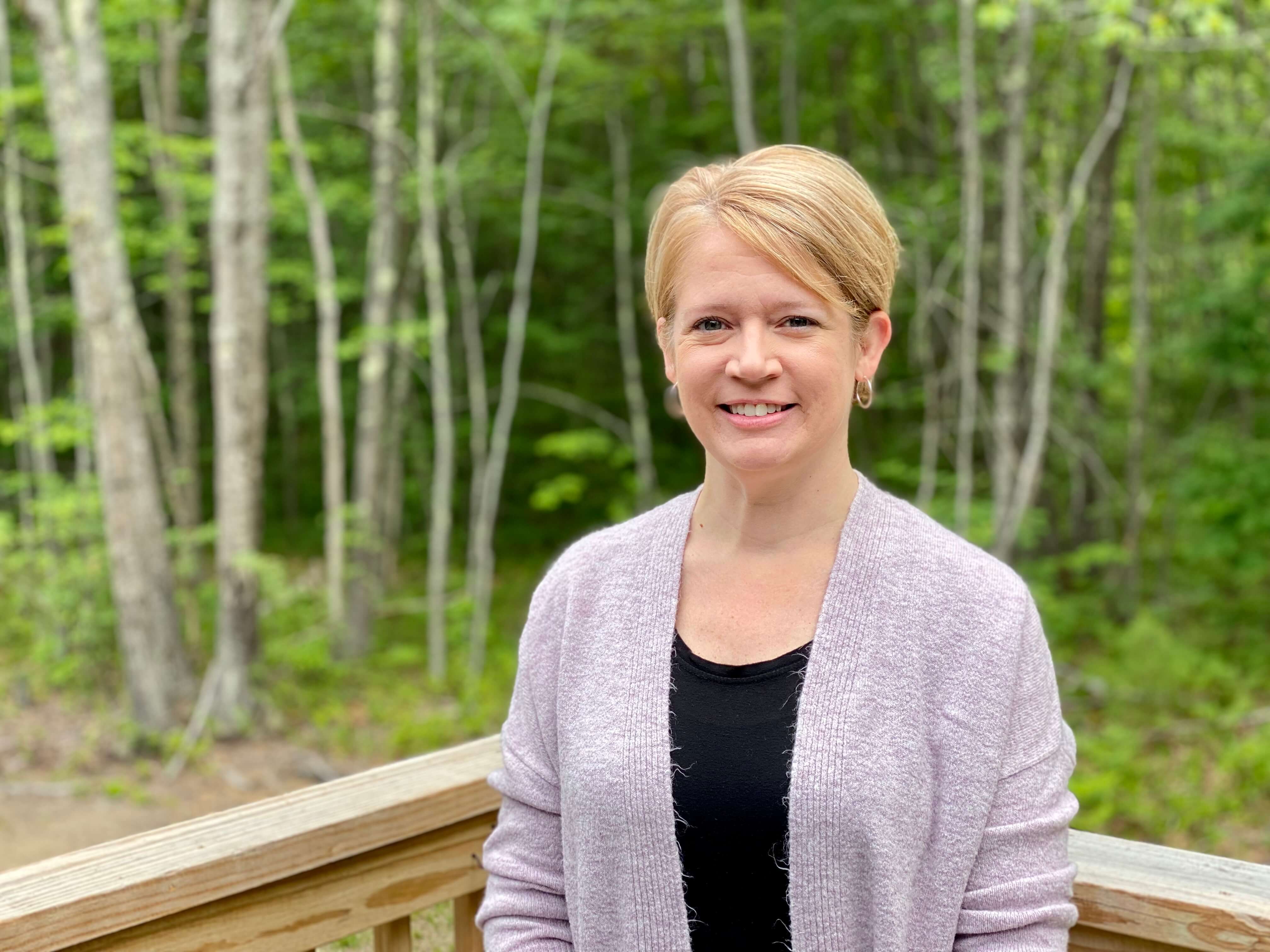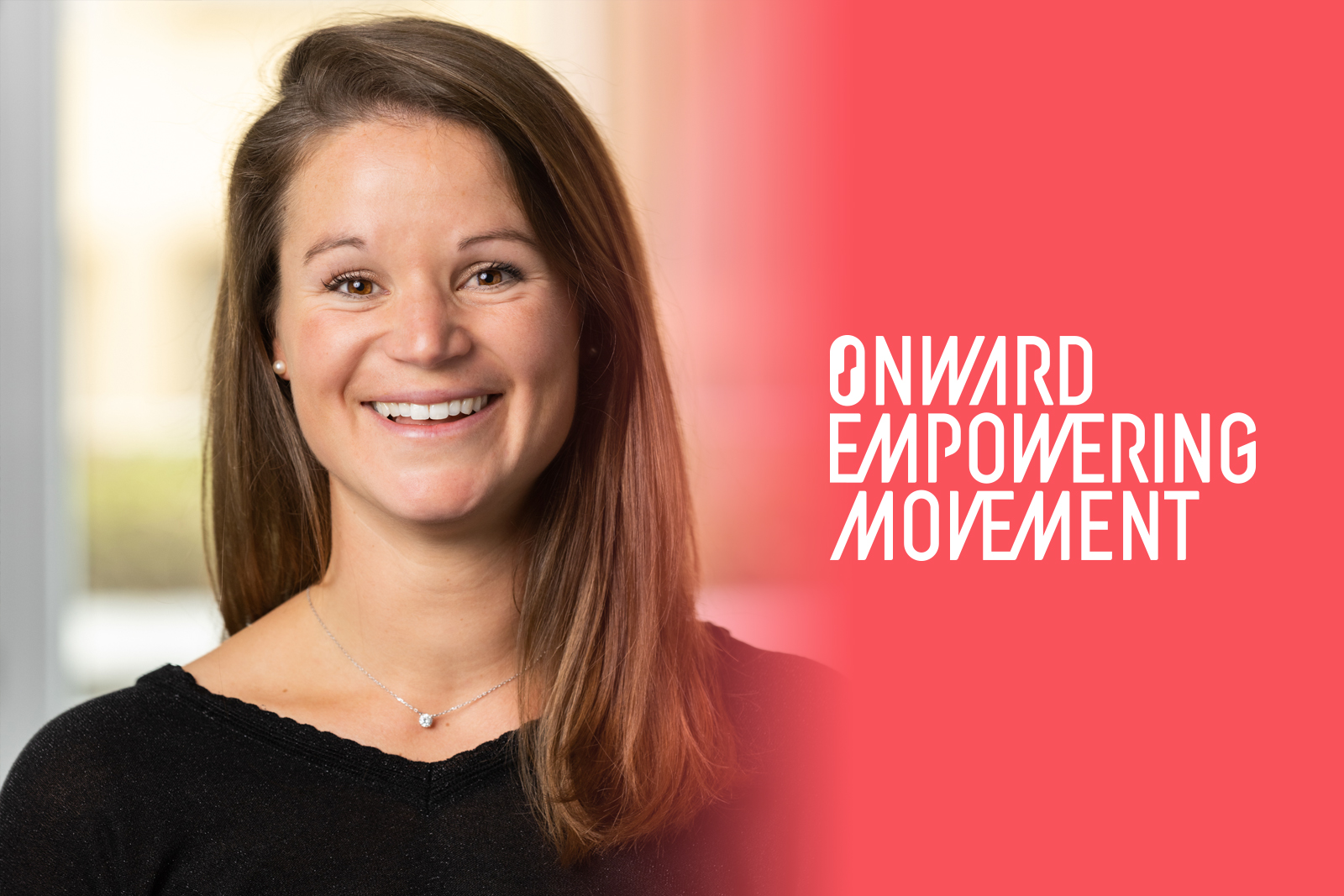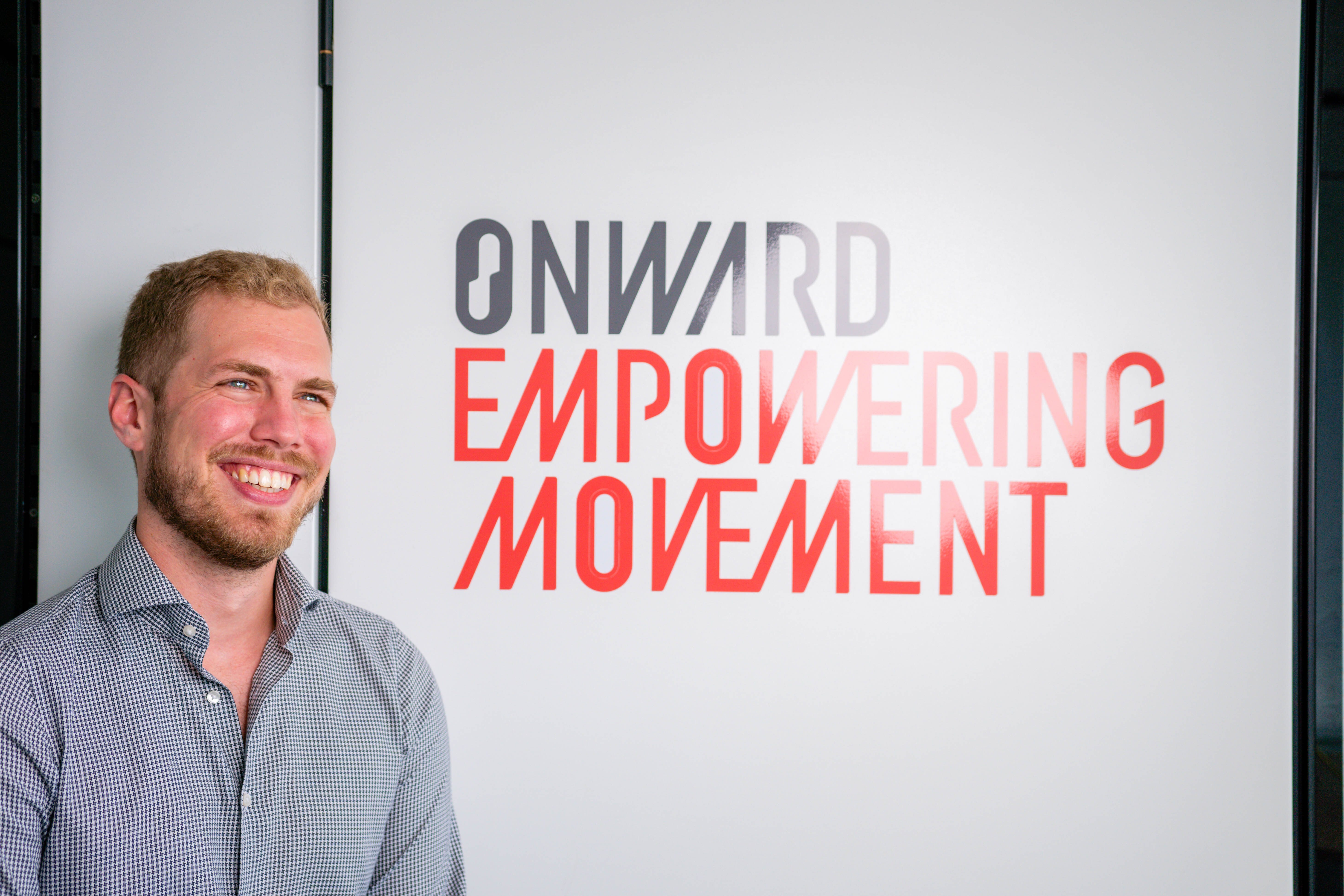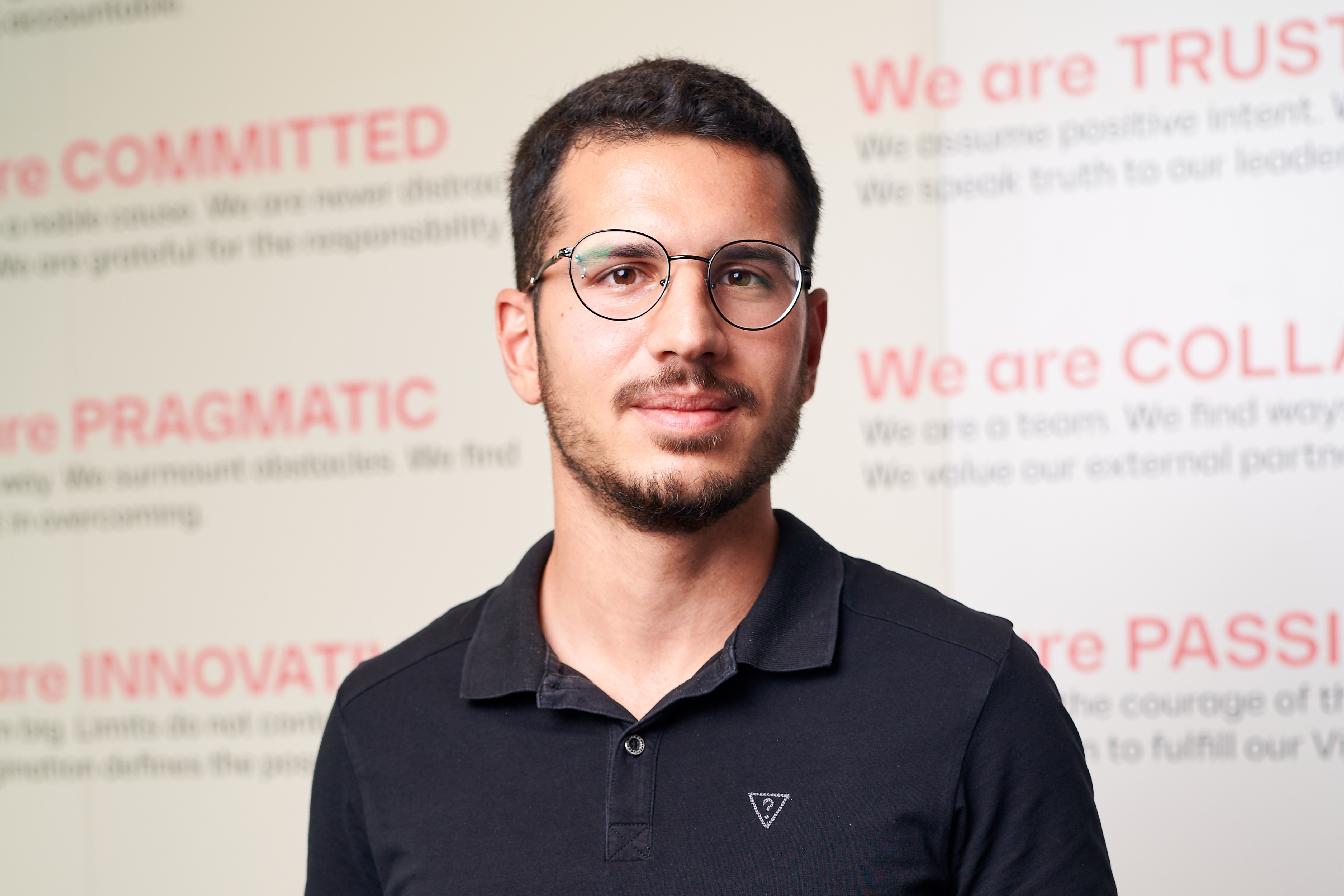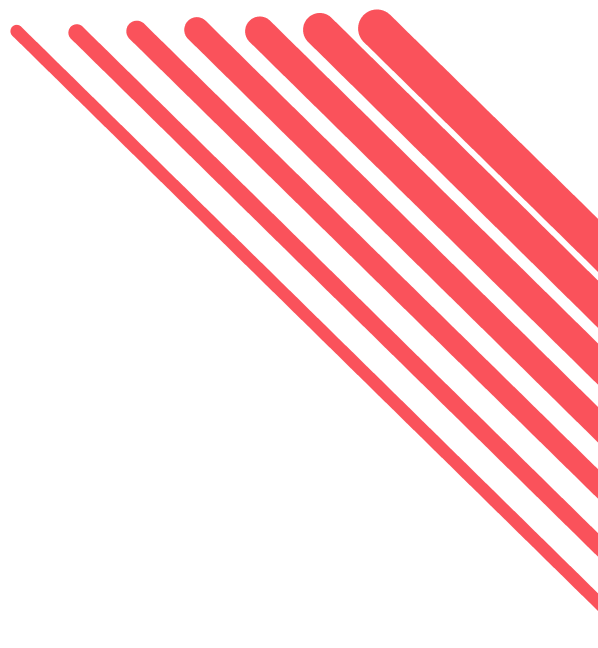Harnessing Technology to Help People Live Healthier Lives
By ONWARD
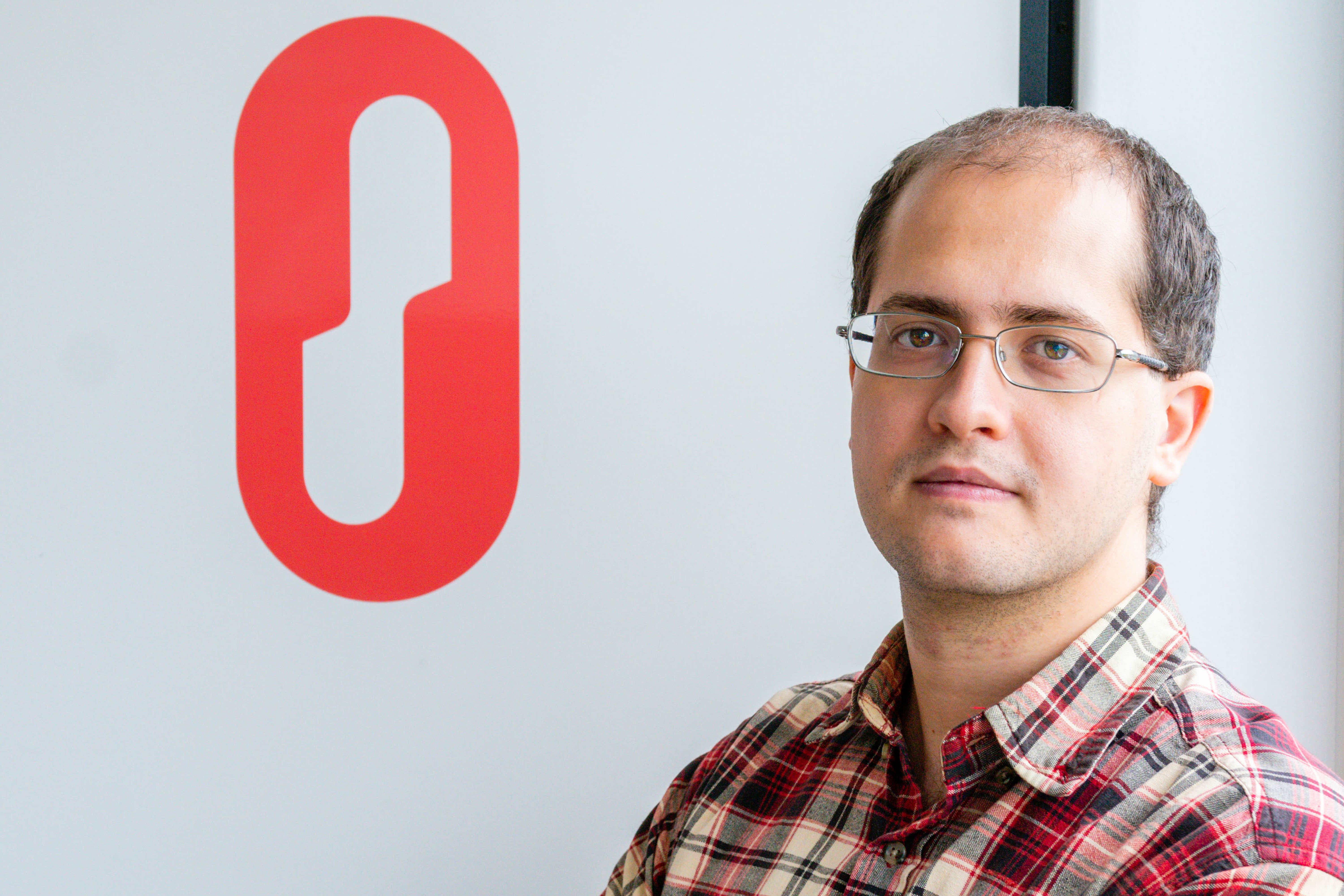
There’s nothing Ibrahim likes better than a tricky engineering problem, especially when the outcome holds the promise of a better life for the hundreds of thousands of people living with spinal cord injury (SCI). Put simply, his job is to create the communication software that will enable all the parts of the ARC-IM implantable device to interact seamlessly with each other. Navigating between cultures and languages is second nature for this American and Lebanese dual national, who graduated from the American University of Beirut with a BSc. in electrical and computer engineering and a minor in pre-med, before heading to the EPFL for a MSc. in bioengineering. That is where he first heard about ONWARD’s groundbreaking research in neurostimulation. He applied on the spot. Four years after that “mind-blowing” internship, he has landed exactly where he always wanted to be: at the intersection between medicine and engineering, harnessing technology to help people live healthier lives.
I've always loved learning how we can use tools from technology and engineering to help people live healthier lives.
As part of the ARC-IM Firmware Team, what is the main problem you are trying to solve?
In simple terms, the challenge is to ensure all the parts of the ARC-IM system communicate with each other reliably all the time, not just when the wind is blowing in the right direction. We have a system that’s very complex in terms of the number of devices involved. There's the implantable pulse generator, a unit called the main controller that the user wears on their hip, as well as a tablet or smartwatch, depending on who's interfacing with the system. We need to make sure that data is circulating reliably between all these devices. For example, when the user wants to start therapy, they click a button on their watch. The message “Hey, I want to start therapy” needs to go from the watch to the main controller, and from there to the implantable pulse generator. That journey is repeated every time the user wants to do something, and again in reverse when the implantable pulse generator needs to report something back to the tablet or smartwatch. At the same time, if some data is lost or an error occurs, we want the firmware to be robust enough to keep operating, so the system doesn't block up or lose communication.
That sounds like a very complex task. How do you make it work?
Teamwork is essential. So is innovation. It’s one of the great strengths we have at ONWARD, in my view. There are a lot of moving parts just within the Firmware team. One team member is focused on making sure that when the IPG is stimulating, it's doing so correctly and safely. Then we've got people working on charging and on what's called the bootloader. I’m working on the protocol that allows all these devices to communicate with one another. I’m not reinventing the wheel, exactly: there are similar protocols out there, but nothing that does specifically what we need to do. So, we are taking inspiration from existing solutions to create something that has never existed before.
How did you end up at ONWARD, at the intersection between medicine and engineering?
I've always loved learning how we can use tools from technology and engineering to help people live healthier lives. I majored in electrical and computer engineering at the American university of Beirut, but also took all courses required to apply to medical school in the US. Ultimately, I opted to become an engineer. I came to the EPFL in Lausanne for my master’s degree because of its reputation for cutting-edge research in bioengineering, neuroengineering and neuroprosthetics, thanks to people like Prof. Courtine (Chief Scientific Officer and co-founder of ONWARD). It’s a very exciting research ecosystem. I remember vividly hearing from my thesis advisor about the research that ONWARD was doing, and thinking it sounded incredibly cool. I immediately went to their website, saw there was an internship posting, and sent them an email. They got back to me straight away, and the next thing I knew I was spending six months in the Netherlands.
10 years from now, will we all be wearing some type of implantable technology?
I think that wherever we can compensate for physical deficiencies with technology, we are going to want to do that. We’ve already got technologies like cochlear implants and retinal implants, for instance. The reason we do this kind of research in the first place is to find solutions to the problems we face. I think that as soon as we get some big breakthroughs there will be a cascade effect, as people realize that implantable devices like the one we’re developing are feasible not only from a technological point of view, but also from a market point of view. the caveats are, of course, that we need to understand what we're doing before we can in good conscience put a technology into someone’s body. That’s why we follow such strict protocols. We have a huge emphasis on testing and making sure that every part of the system does what we want it to do, and that there are no side effects to the user.
How has working in the field of SCI changed your outlook on disability?
I had never met anybody with a spinal cord injury before joining ONWARD, for one. When I first started at the company, I was working on a different project, which required me to spend time in the clinic at the University Hospital in Lausanne. I would be sitting there at my computer, watching people who had suffered traumatizing, devastating spinal cord injuries standing up and taking a few steps for the first time. It was mind-blowing. Working on the ARC-IM project and meeting the people the technology is designed to help made me realize that it's not just about mobility, it’s also about things like blood pressure control and bladder control, which you absolutely take for granted. Today, I’m working purely in a development setting, but that first experience makes the job much more concrete for me. It’s not just some program sitting on my computer, it’s something real that's going to have a tangible impact on someone’s life.
What do you most appreciate about working at ONWARD?
Number one has to be the fantastic team. Ever since starting here as an intern four years ago, I have had tons of opportunities to learn from more senior people at the company. And now I find myself in the position of mentoring younger people who are doing their internships with us. Hopefully I'm helping them learn, but I'm also learning by teaching. It’s a real joy. A close number two is the project itself. I see many of my former classmates working on products that might never get released, or if they do get released, are probably not as impactful as what we’re doing. I feel lucky to have such a clear purpose driving my work.




